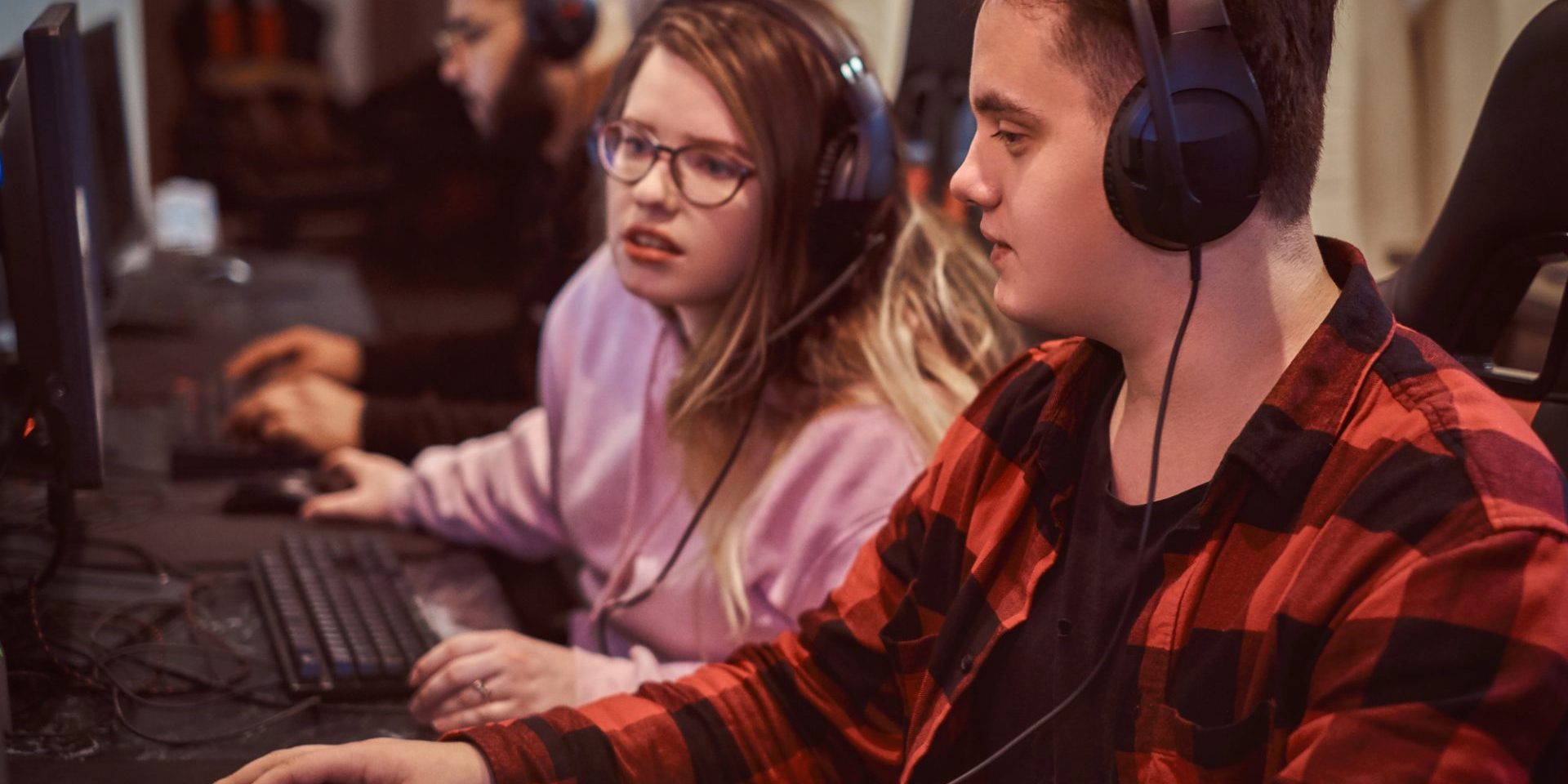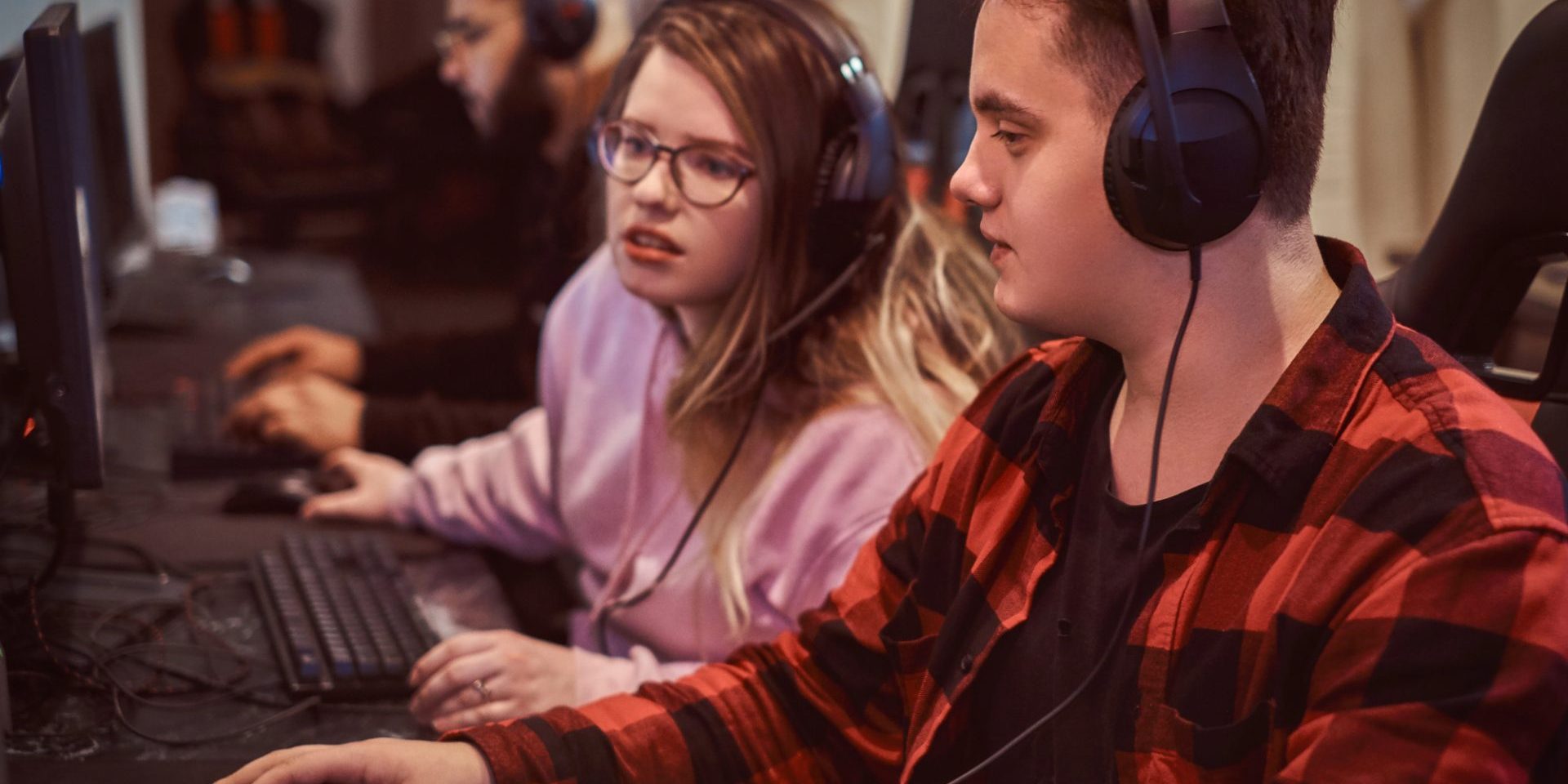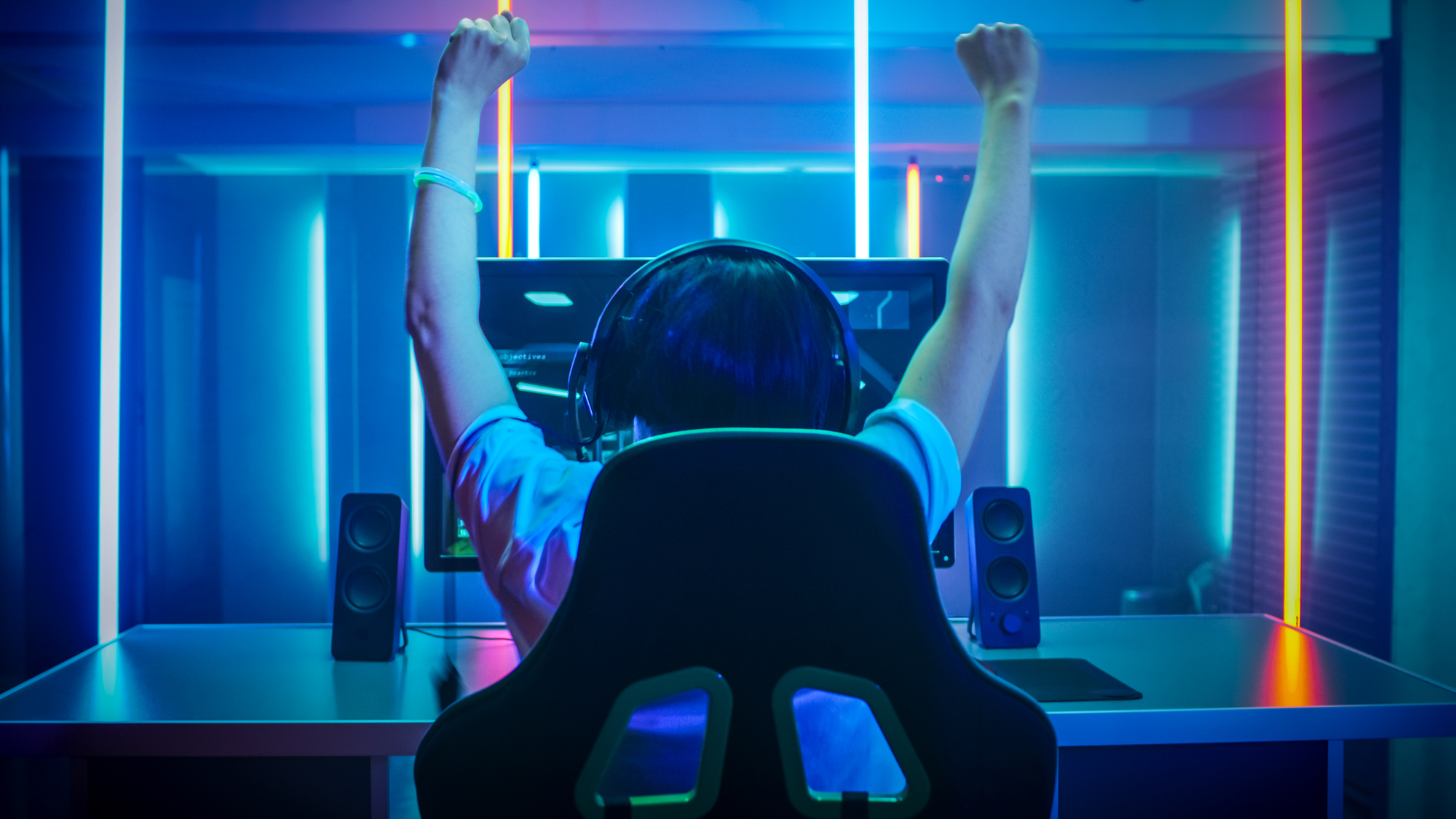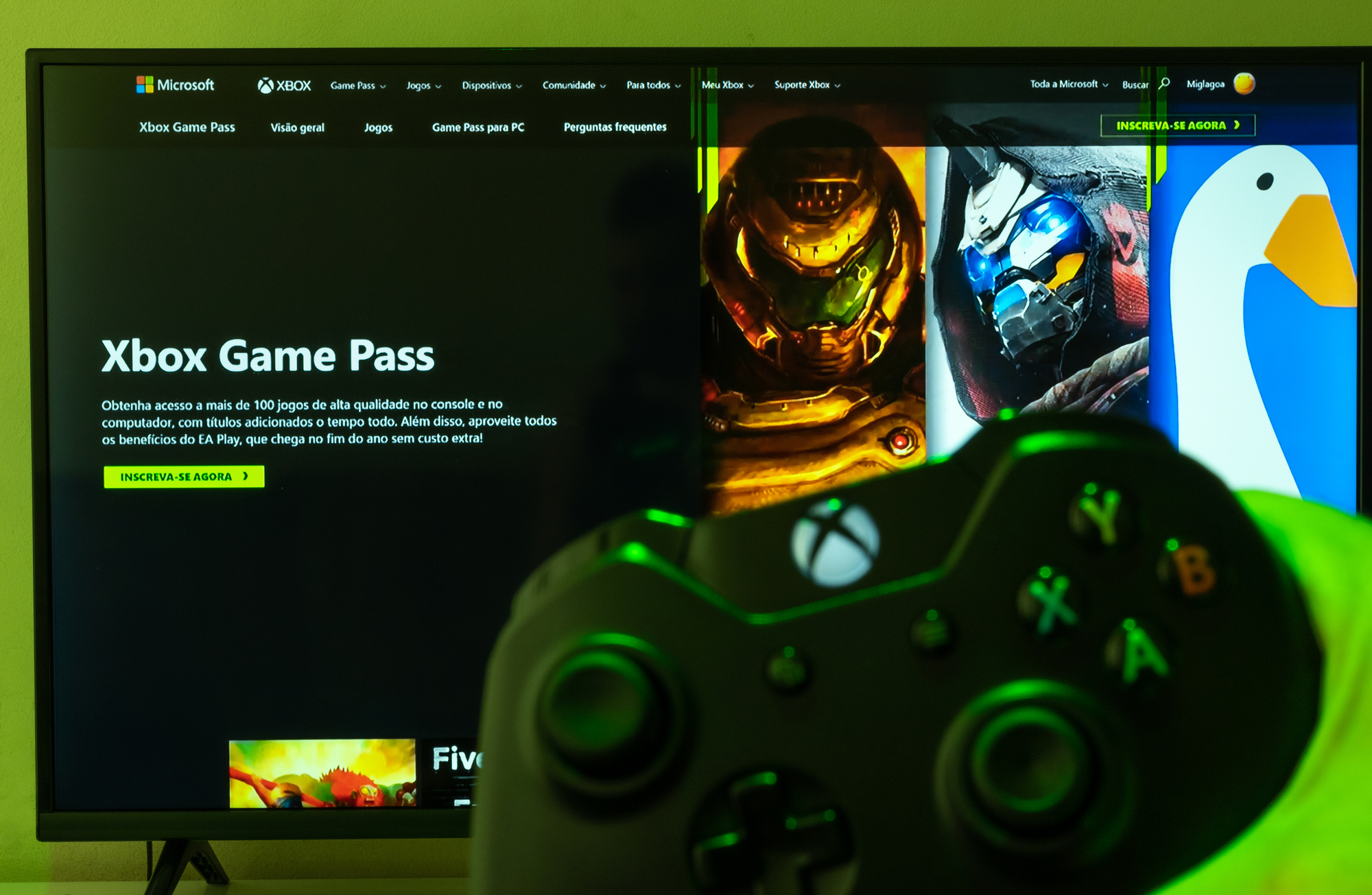Mentorship in the gaming community fosters growth, skill development, and strong relationships among players. Experienced gamers share their knowledge, guiding newcomers through the intricacies of various games and platforms. This transfer of expertise helps build a more inclusive and supportive gaming environment, benefiting both mentors and mentees.
The gaming industry’s rapid evolution makes mentorship particularly valuable. Seasoned players can offer insights into game strategies, technical aspects, and career opportunities within the field. This guidance helps aspiring gamers navigate challenges and make informed decisions about their gaming pursuits.
Beyond skill improvement, mentorship in gaming creates a sense of belonging. It encourages collaboration, fair play, and positive social interactions. By fostering these connections, mentors contribute to a healthier, more welcoming gaming community that attracts and retains players of all backgrounds and skill levels.
Exploring the Impact of Mentorship in Gaming
Mentorship in gaming fosters individual growth, enhances team dynamics, and addresses challenges within the community. Experienced players guide newcomers, sharing knowledge and skills that benefit both mentors and mentees.
Benefits of Mentorship for Individual Growth
Mentorship accelerates skill development for new gamers. Experienced players teach game rules, strategies, and technical skills. This guidance helps mentees improve faster than they would on their own.
Mentors also gain from the relationship. Teaching others reinforces their own knowledge and can reveal new perspectives on familiar games. The process of mentoring builds leadership and communication skills.
For both parties, mentorship creates a bond based on shared interests. This connection often extends beyond gaming, fostering friendships and professional networks within the industry.
Mentorship and Team Dynamics
In team-based games, mentorship plays a key role in building strong squads. Veteran players guide newer team members, improving coordination and strategic thinking. This leads to better performance in competitive settings.
Mentors help instill values like sportsmanship and respect within teams. They model positive behavior and teach effective communication, which are vital for success in online gaming environments.
The collaboration fostered by mentorship strengthens team cohesion. As mentees grow, they often become mentors themselves, creating a cycle of continuous improvement within the team.
Challenges and Solutions in Gaming Mentorship
Finding compatible mentor-mentee pairs can be difficult. Differences in play styles, schedules, or personalities may cause friction. Gaming communities can address this by creating mentorship programs with careful matching processes.
Online platforms present unique challenges for mentoring. Without face-to-face interaction, building trust takes extra effort. Clear communication and consistent engagement help overcome this hurdle.
Time constraints often limit mentorship opportunities. Structured programs with set goals and timelines can make mentoring more manageable for busy gamers. Short, focused sessions may be more effective than lengthy, unstructured interactions.
Building Effective Mentor-Mentee Relationships
Strong mentor-mentee bonds form the backbone of successful mentorship in gaming. These relationships rely on mutual respect, open communication, and shared objectives.
Establishing Trust and Respect
Trust and respect serve as the foundation for productive mentorships. Mentors demonstrate reliability by consistently showing up for scheduled meetings and following through on commitments. They maintain confidentiality, creating a safe space for mentees to share concerns and aspirations.
Respect flows both ways in the relationship. Mentors value mentees’ ideas and experiences, while mentees acknowledge their mentor’s expertise. This mutual regard fosters an environment where both parties feel comfortable exchanging thoughts and feedback.
In the gaming community, respect extends to recognizing diverse play styles and preferences. Mentors avoid imposing their own gaming philosophies, instead guiding mentees to develop their unique approaches.
Communication and Feedback
Clear, honest communication strengthens mentor-mentee bonds. Regular check-ins, whether in-person or virtual, keep both parties aligned on progress and goals. Mentors practice active listening, giving mentees their full attention during discussions.
Feedback plays a crucial role in growth. Mentors provide constructive criticism on gameplay, strategy, and professional development. They frame feedback positively, highlighting areas for improvement while acknowledging strengths.
Mentees benefit from asking questions and seeking clarification. They share their challenges and successes, allowing mentors to offer targeted advice. Open dialogue helps identify potential roadblocks early, enabling swift problem-solving.
Setting Goals and Celebrating Achievements
Effective mentorships revolve around clear, achievable goals. Mentors guide mentees in setting both short-term and long-term objectives related to gaming skills, career aspirations, or personal growth. These goals provide direction and motivation for the mentorship journey.
Regular progress reviews help track advancement toward set targets. Mentors and mentees work together to adjust goals as needed, ensuring they remain challenging yet attainable.
Celebrating milestones, big and small, boosts morale and reinforces positive behaviors. Recognition can take many forms, from verbal praise to sharing accomplishments with the wider gaming community. These celebrations mark progress and inspire continued growth in the mentorship relationship.
The Role of Mentorship in Professional Development
Mentorship in the gaming industry fosters career growth, provides guidance, and promotes diversity. It helps professionals navigate challenges and seize opportunities.
Navigating the Gaming Industry
Mentors offer valuable insights into the gaming industry’s workings. They share experiences about game development processes, team dynamics, and project management. This knowledge helps mentees avoid common pitfalls and make informed decisions.
Mentors also introduce mentees to industry trends and emerging technologies. This keeps aspiring professionals up-to-date with the fast-changing gaming landscape. By learning from seasoned experts, newcomers can adapt quickly to industry standards and practices.
Networking is another key benefit. Mentors often connect mentees with other professionals, opening doors to collaboration and job opportunities. These connections prove invaluable for career advancement in the competitive gaming sector.
Advancing Career Opportunities Through Guidance
Mentorship programs in gaming companies boost professional development. They help employees identify strengths and areas for improvement. Mentors assist in setting realistic career goals and creating action plans to achieve them.
Many gaming firms use mentorship to groom future leaders. Experienced mentors pass on leadership skills, decision-making abilities, and strategic thinking. This prepares mentees for higher responsibilities and management roles.
Mentors also provide feedback on work performance and projects. This constructive criticism helps mentees refine their skills and produce better quality work. It leads to improved job performance and increased chances of promotion.
Diversity and Inclusion in Gaming
Mentorship plays a crucial role in promoting diversity in the gaming industry. It helps underrepresented groups overcome barriers and find success. Mentors from diverse backgrounds can relate to specific challenges faced by mentees.
Some gaming companies pair mentors and mentees from different backgrounds. This fosters understanding and breaks down stereotypes. It creates a more inclusive work environment where all voices are heard and valued.
Mentorship programs also encourage women and minorities to pursue leadership roles in gaming. By providing support and guidance, these initiatives help create a more balanced and representative industry leadership.
Mentorship Programs and Platforms
Mentorship programs and platforms in the gaming industry connect experienced professionals with aspiring developers, fostering knowledge transfer and career growth. These initiatives take various forms, from corporate programs to online communities.
Corporate and Community Initiatives
Many gaming companies have established internal mentorship programs to nurture talent and promote diversity. Ubisoft’s Womxn Develop at Ubisoft initiative pairs female employees with senior mentors for six-month periods. Electronic Arts runs a similar program called Women’s Ultimate Team.
Community-driven initiatives also play a crucial role. The International Game Developers Association (IGDA) offers mentorship opportunities through local chapters and special interest groups. These programs often focus on specific areas like game design, programming, or art.
Some initiatives target underrepresented groups in gaming. Black Girl Gamers, for example, provides mentorship and networking opportunities for Black women in the industry.
Finding the Right Mentor in Online Platforms
Online platforms have made it easier to connect with mentors across geographical boundaries. LinkedIn’s mentorship feature allows gaming professionals to offer guidance to those seeking advice in their field.
Specialized platforms like MentorCruise and ADA’s List cater to tech professionals, including game developers. These services often use algorithms to match mentees with suitable mentors based on skills, experience, and goals.
Discord servers dedicated to game development have become popular hubs for informal mentorship. Communities like GameDev.tv and Unity Developer Community host channels where beginners can ask questions and receive advice from experienced developers.
Evaluating the Effectiveness of Mentorship Programs
Measuring the impact of mentorship programs is essential for their improvement and continued support. Many organizations track metrics such as mentee career progression, skill development, and job satisfaction.
Surveys and feedback sessions help gather qualitative data on the mentorship experience. Some companies use 360-degree feedback systems to assess the growth of both mentors and mentees.
Long-term tracking of mentees’ careers can provide insights into the program’s effectiveness. Success stories of mentees who have advanced in their careers or launched successful games serve as powerful testimonials.












